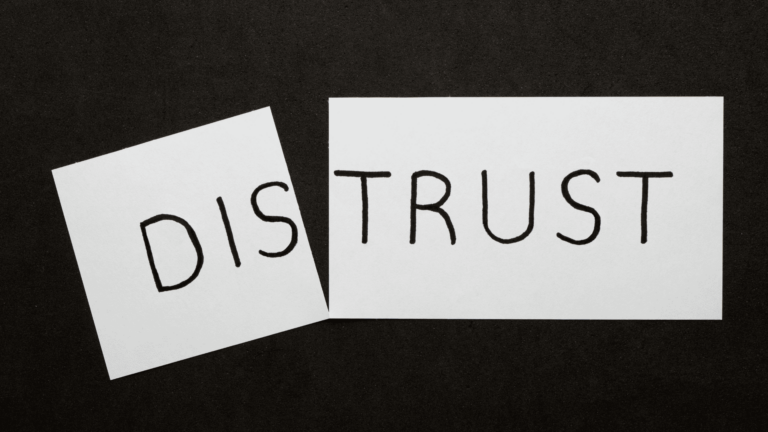Trust is a cornerstone of healthy relationships and a fulfilling life. However, past experiences, betrayals, and personal insecurities can make it challenging to trust others or even oneself. If you find yourself feeling distrustful, mindfulness practices can offer a powerful pathway to re-establish trust. This article explores how mindfulness can help you overcome distrust and build stronger, more trusting relationships.
Understanding Distrust
Distrust often stems from past experiences where trust was broken, whether in personal relationships, professional settings, or even within oneself. These experiences can leave emotional scars, making it difficult to open up and be vulnerable again. Distrust can lead to anxiety, isolation, and conflict, preventing meaningful connections and personal growth.
The Role of Mindfulness
Mindfulness is the practice of being present and fully engaged in the current moment without judgment. It involves paying attention to thoughts, feelings, and sensations as they arise, allowing us to observe them without being overwhelmed. By cultivating mindfulness, we can develop greater self-awareness and emotional regulation, which are crucial for rebuilding trust.
Steps to Rebuild Trust with Mindfulness
Cultivate Self-Awareness
The first step in rebuilding trust is to cultivate self-awareness. Mindfulness practices, such as meditation and deep breathing exercises, help you become more attuned to your thoughts and emotions. By regularly engaging in mindfulness, you can identify patterns of distrust and understand their root causes. Acknowledging these feelings without judgment is the first step toward healing.
Practice Self-Compassion
Distrust often comes with a harsh inner critic that can exacerbate feelings of insecurity and self-doubt. Practicing self-compassion involves treating yourself with the same kindness and understanding you would offer a friend. When feelings of distrust arise, acknowledge them with compassion and remind yourself that it’s okay to feel this way. Self-compassion can soften the grip of negative emotions and pave the way for self-acceptance.
Stay Present
Mindfulness encourages staying present rather than dwelling on past betrayals or fearing future disappointments. When you focus on the present moment, you can respond to situations as they are, not as you fear they might be. This shift in perspective can help you approach relationships with a fresh outlook, free from the baggage of past experiences.
Develop Emotional Resilience
Mindfulness helps build emotional resilience by teaching you to observe your emotions without being consumed by them. Regular mindfulness practice can increase your ability to cope with difficult emotions, reducing the impact of distrust on your well-being. Emotional resilience allows you to navigate relationships with greater ease and confidence.
Enhance Communication
Effective communication is vital for rebuilding trust. Mindfulness enhances your ability to listen actively and express yourself clearly. By being fully present in conversations, you can better understand others’ perspectives and communicate your feelings and needs more effectively. This openness can foster mutual understanding and trust.
Practice Gratitude
Gratitude is a powerful antidote to distrust. Mindfulness practices often include reflecting on things you are grateful for, which can shift your focus from what’s wrong to what’s right in your life. Practicing gratitude regularly can help you appreciate the positive aspects of your relationships, making it easier to trust others.
Rebuilding trust is a gradual process that requires patience and commitment. Mindfulness offers practical tools to help you become more aware of your thoughts and emotions, practice self-compassion, and stay present in the moment. By incorporating mindfulness into your daily routine, you can develop the emotional resilience and communication skills needed to overcome distrust and build stronger, more trusting relationships. Remember, trust begins with trusting yourself, and mindfulness can guide you on this transformative journey.
Source Credits: fittingrightin
Also Read: Embracing the Healing Journey: Discovering the Power of Holistic Wellness with Justine Nagaur






